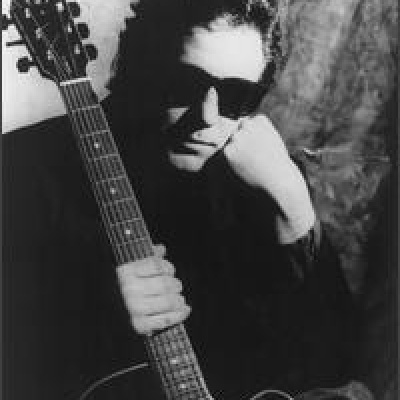
Greg Kihn
by Chris Woodstra Greg Kihn began his career in his hometown of Baltimore, MD, working in the singer/songwriter mold, but switched to straightforward rock & roll when he moved to San Francisco in 1974. The following year, he became one of the first artists signed to Matthew Kaufmans now-legendary Beserkley Records. Along with Jonathan Richman, Earthquake, and the Rubinoos, Kihn helped to carve the labels sound — melodic pop with a strong 60s pop sensibility — a refreshing alternative to the bloated prog rock of the time. In 1976, after his debut on the compilation Beserkley Chartbusters, he recorded his first album with his own band consisting of Ronnie Dunbar (guitar), Steve Wright (bass), and Larry Lynch (drums). Through the 70s, he released an album each year and built a strong cult following through constant touring, becoming Beserkleys biggest seller. In 1981, he earned his first bonafide hit with the Top 20 single, The Breakup Song (They Dont Write Em), from the Rockihnroll album. He continued in a more commercial vein through the 80s with a series of pun-titled albums: Kihntinued (1982), Kihnspiracy (1983), Kihntageous (1984), and Citizen Kihn (1985). He scored his biggest hit with 1983s Jeopardy (number two) from the Kihnspiracy album. One more single broke the Top 40, 1985s Lucky, but by the time Love and Rock and Roll was released in 1986, the puns had run out and so had the hits. Kihn kept a relatively low profile throughout the 90s, releasing Mutiny in 1994 and Horror Show in 1996. All the Right Reasons followed in mid-2000.
